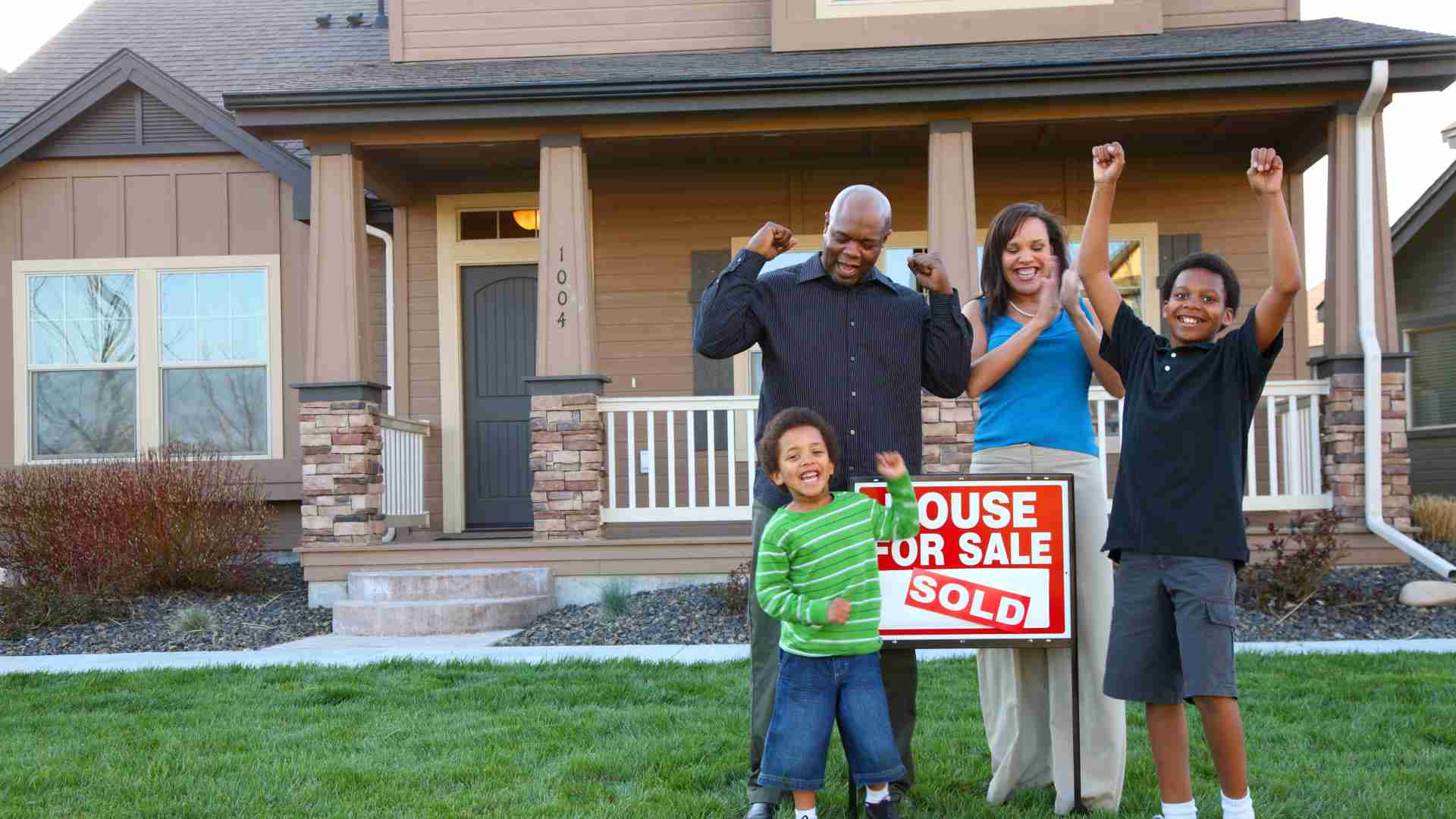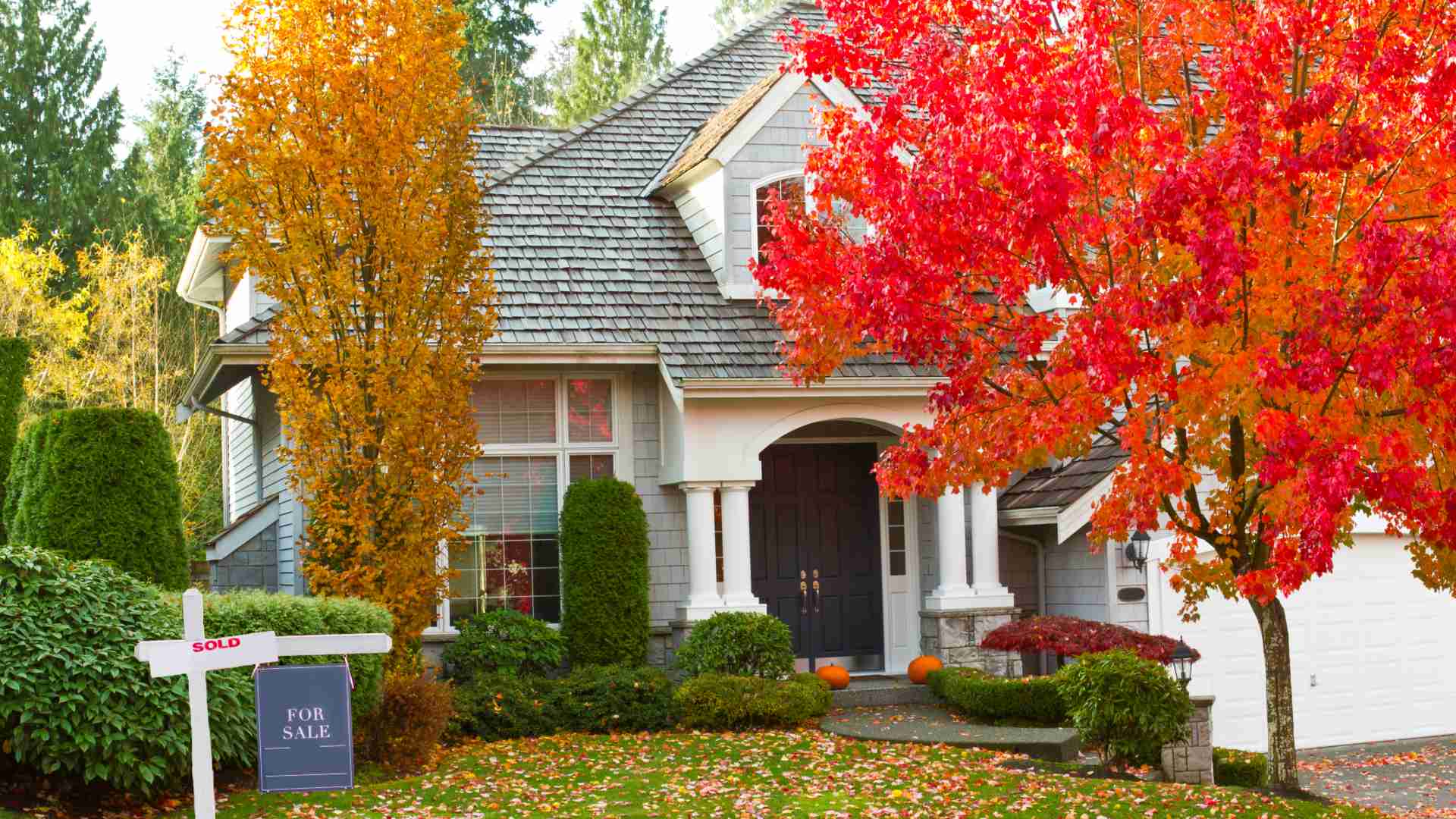Homeownership remains a key driver of financial stability and wealth creation for American households, accounting for nearly two-thirds of their net worth. Yet, for Black Americans, it continues to be an uphill battle.
The homeownership rate for Black households was 46.4%, compared to 74.4% for White households, 62.7% for Asian, Native Hawaiian, and Pacific Islanders, and 48.8% for Hispanics and Latinos in Q4 2024, according to the Federal Reserve Bank of St Louis. This persistent gap underscores long-standing challenges related to access to credit, income disparities, and systemic barriers to homeownership.
Despite these obstacles, the aspiration for homeownership among Black renters remains strong. Fannie Mae found that 86% of Black renters desire to buy a home in the future, signaling a clear opportunity for mortgage lenders, credit unions, and banks to implement tailored financial education and support programs.
Key Areas for Action
1. Expand Access to Affordable Credit
Current Situation: Black Americans continue to face difficulties in building strong credit profiles, with lower average credit scores limiting access to affordable mortgage options. The Consumer Financial Protection Bureau (CFPB) reported in 2024 that the median credit score for Black homebuyers was 699, compared to 754 for White homebuyers, 763 for Asian homebuyers, and 720 for Hispanic homebuyers.
Action Strategy:
- Introduce educational resources and tools early in the homeownership journey.
- Partner with platforms like FinLocker to provide access to credit scores, budgeting tools, and educational resources.
- Utilize services like eCredable to help renters report on-time utility payments, which can positively impact credit scores without increasing debt.
Further Insight: 26% of Black homebuyers cited a low credit score as the reason their mortgage application had been rejected, according to the National Association of REALTORS®.
2. Address High Levels of Student Loan Debt
Current Situation: Student loan debt remains a major obstacle to Black homeownership. According to the National Association of Realtors®, 52% of all homebuyers delayed purchasing due to student debt. Black borrowers are disproportionately affected, with 48% citing student debt as a primary reason for postponing homeownership.
Action Strategy:
- Post videos and testimonials to social media explaining how you helped people with student loan debt qualify for a mortgage.
- Partner with services like LoanSense to understand how different mortgage loan programs calculate student loan payments for credit underwriting purposes. They can also identify federal loan programs and government subsidies to reduce student loan payments and increase homebuyers’ purchasing power. The LoanSense Purchasing Power Tool shows loan originators and prospective homebuyers how adjusting student loan payments can increase their home-buying budgets.
Further Insight: The Federal Reserve reported that 52% of Black Americans have at least $25,000 in student loan debt, compared to 41% of White Americans and 37% of Hispanics—compounding the homeownership gap.
3. Bridge the Income and Wealth Gap with Financial Literacy
Current Situation: Persistent income disparities hinder Black Americans’ ability to afford and sustain homeownership. The U.S. Census Bureau reported in 2024 report that the median household income for Black households was $56,490, compared to $89,050 for White households, $112,800 for Asian households, and $65,540 for Hispanic households.
Action Strategy:
- Offer financial literacy workshops focused on homeownership fundamentals, budgeting, and long-term wealth building.
- Promote the use of digital tools like FinLocker for personalized financial planning.
- Provide targeted guidance on first-time homebuyer programs and down payment assistance.
Further Insight: A CitiGroup study revealed that narrowing the racial income gap could unlock up to $2.7 trillion in additional income for Black households, with significant implications for homeownership rates.
4. Partner with Community Organizations
Current Situation: Local community organizations often have the trust and insights to effectively reach and support Black homebuyers.
Action Strategy:
- Form partnerships with housing counseling agencies certified by the U.S. Department of Housing and Urban Development (HUD), such as HomeFree-USA and the Freddie Mac Borrower Help Centers.
- Collaborate with local nonprofits to co-host financial literacy events.
- Provide co-branded resources and toolkits to amplify outreach efforts.
Further Insight: A 2024 Urban Institute report highlighted that community-based homebuyer counseling programs led to an 18.6% increase in new Black homeowners.
5. Identify and Support Future Black Homeowners
Current Situation: 34% of all homebuyers aged 25 to 43 sourced their down payment from a financial gift from a relative or friend, yet only 3% used a financial assistance program. First-generation homebuyers are not recipients of monetary gifts, according to the National Association of Realtors®.
Proactively identifying eligible borrowers can improve outreach and engagement efforts.
Action Strategy:
- Leverage tools like TransUnion’s Low-to-Moderate Income (LMI) Prescreen Solution to identify prospective borrowers.
- Deploy digital resources like FinLocker to help consumers improve their financial health and prepare for mortgage applications.
- Offer personalized financial coaching to address individual credit challenges and homeownership goals.
- Promote the downpayment assistance programs and grants you offer to encourage more applicants to use them. Down Payment Resource, which tracks more than 2,400 homebuyer assistance programs, can match homebuyers to down payment help.
Further Insight: Research from Freddie Mac indicates that targeted financial counseling programs could increase Black homeownership rates by 10% in participating regions.
By implementing these strategies, mortgage lenders, banks, and credit unions can play a pivotal role in addressing the barriers that have historically hindered Black homeownership. These initiatives foster greater financial inclusion and contribute to stronger, more resilient communities.
Schedule a 1:1 consultation today to learn how FinLocker can support these initiatives.



